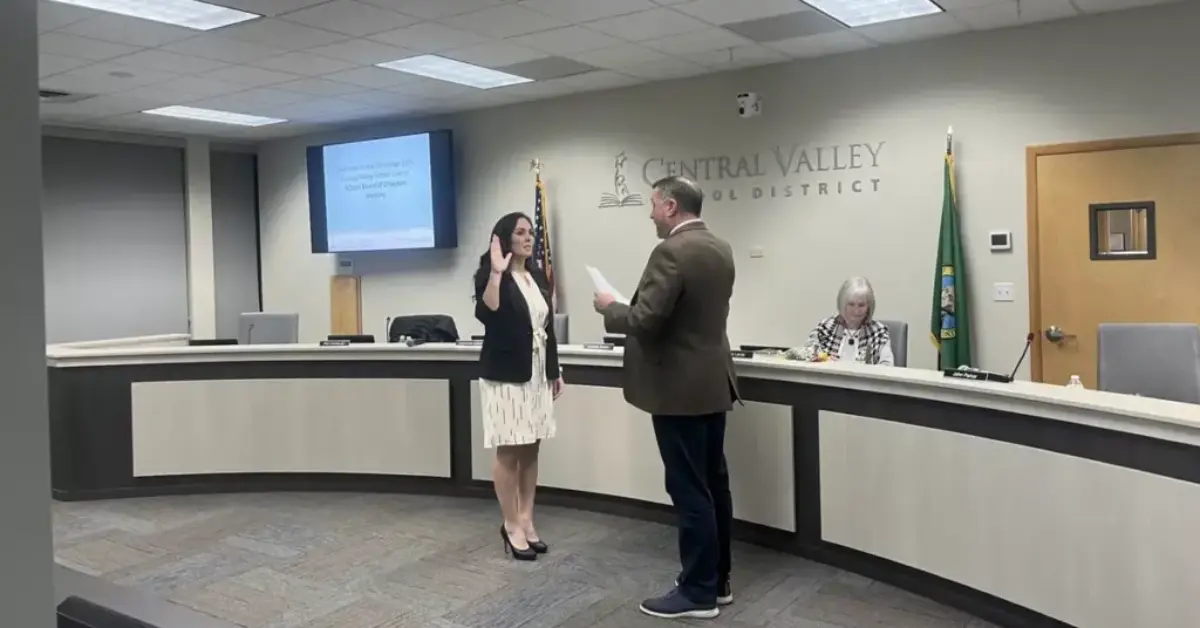NSBC’s Priorities
Assessment of Priorities: Comparing and Distinguishing Between NSBA and NSBC
The National School Boards Association (NSBA) emphasizes centralized control, social justice, a one-size-fits-all model, and increased funding for public education only, while the National School Boards Coalition (NSBC) focuses on limited government, educational choice, local decision-making, accountability, and the importance of parental involvement. These differing priorities reflect contrasting philosophies regarding governance, funding, and the role of parents in education.
Funds and Decision-Making Authority
- NSBA – Supports the U.S. Department of Education (DOE) in retaining centralized government control over educational funding, viewing the Department of Education as a vital partner in accomplishing that objective.
- NSBC – Defends limited government and opposes federal control, advocates for local decision-making, and the dismantling of the U.S. Department of Education (DOE)
Social Justice and Equity
- NSBA – Advocates for social justice, diversity, and equity as essential issues that hinder students from achieving academic success. They promote the allocation of financial resources and dedicated learning time for students to prioritize this goal
- NSBC – Believes social justice, DEI, and CRT are misallocated resources, wasting students’ time, and creating a polarized learning environment, and emphasizes better use of resources for mastering the three R’s: Reading, Writing, and Arithmetic; unbiased science, and American History.
Funding Advocacy
- NSBA – Strongly advocates for increased funding, asserting that underfunding negatively affects students’ academic progress.
- NSBC – Understands challenges in student success are due to failed budget priorities and time management rather than a lack of funding.
ESAs and Vouchers
- NSBA – Vocal opposition to Education Savings Accounts (ESAs) and school vouchers, arguing that tax dollars should support public schools only.
- NSBC – Supports educational choice, including parents’ rights to select charter schools, private schools, or homeschooling options.
Parental Rights
- NSBA—Does not prioritize parents’ rights, especially regarding participation in board meetings, school choice outside of public schools, and curriculum transparency, while supporting practices that limit parental engagement.
- NSBC – Considers parents to be the primary decision-makers in their children’s education and emphasizes the need for school boards to respect parental authority and be transparent.
Accountability of Publishers
- NSBA – Does not emphasize the importance of holding publishing companies accountable for the content of their curriculum. Instead, it politicizes public schools to educate students about issues such as injustice, privilege, and other polarizing topics.
- NSBC- Advocates for accountability among curriculum publishers regarding bias in educational materials and calls for congressional investigations into their political group affiliations.
Parental Involvement
- NSBA—The actions are counterintuitive to policies that enhance parental involvement and transparency regarding curriculum access. They prioritize sidestepping the parents’ ability to be involved in decisions by putting minor-aged students’ privacy over parental access to basic information such as gender identity, sexual orientation, and related services.
- NSBC- Promotes active parental involvement policies to reinforce parents as primary decision-makers in their children’s education.







